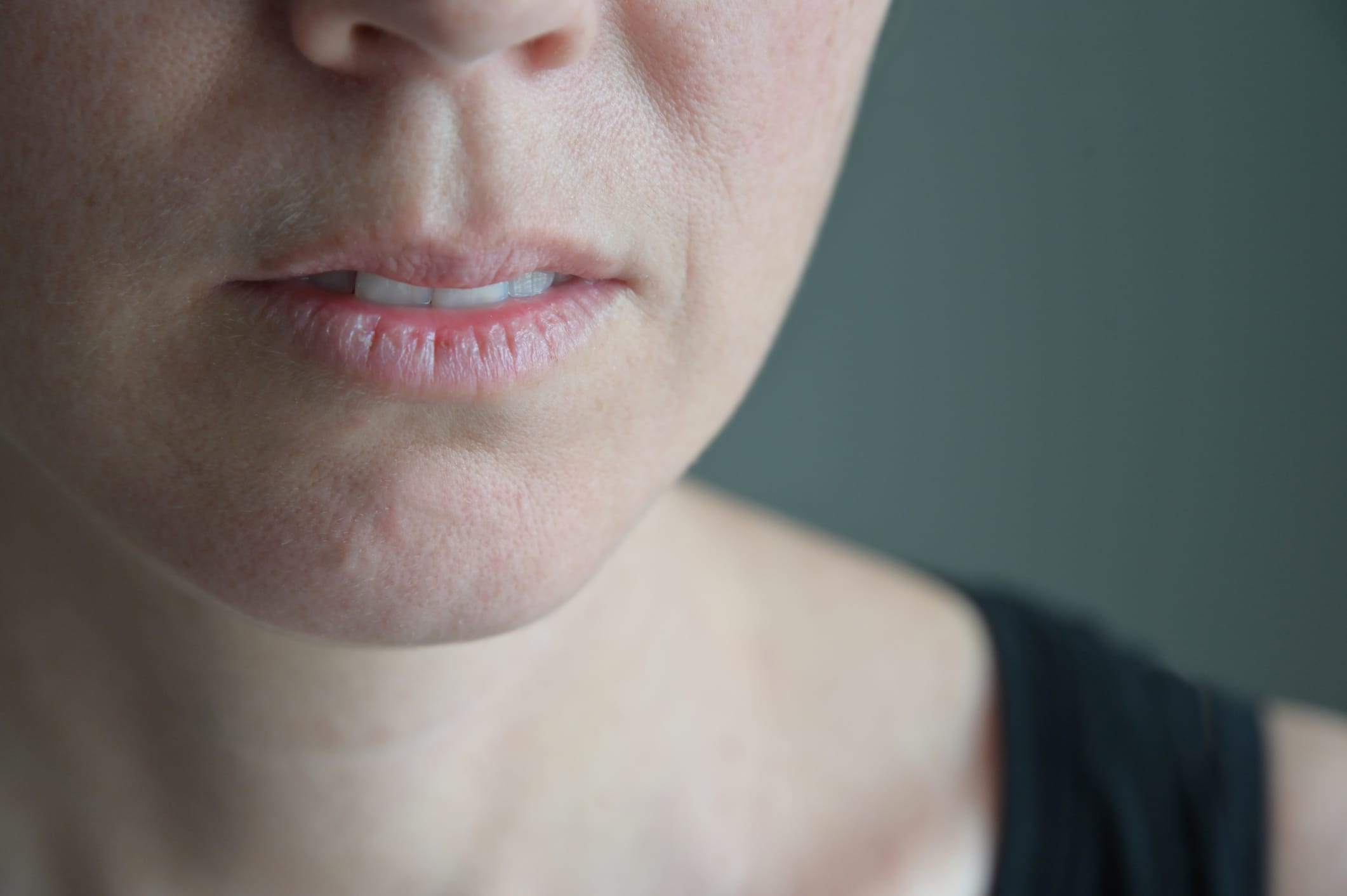The most common symptoms of primary biliary cholangitis (PBC) are fatigue and itchy skin. However, as the disease progresses and the liver becomes more inflamed other symptoms may occur — and dry mouth is one of them. In PBC, dry mouth is caused by declining liver function, though it is also a side effect of medication prescribed to manage PBC symptoms. Thankfully, there’s ways to ease this symptom.
Why does PBC cause dry mouth?
Dry mouth (also called xerostomia) is a common symptom of many chronic liver diseases. In PBC, as the liver deteriorates, its function is impacted and the patient produces less saliva. This leads to dry mouth and other complications, such as a fissured tongue (where grooves develop on the tongue) or an atrophic tongue (where papillae are lost, making the tongue look smooth).
Learn more about PBC signs and symptoms
People living with PBC often have other autoimmune diseases such as Sjögren’s disease, which is also commonly associated with dry mouth.
The diuretic medication prescribed to manage PBC symptoms also reduces salivary production and contributes to dry mouth.
Tips for managing dry mouth
Dry mouth can affect quality of life by impacting eating, sleeping and even speaking. It makes the mouth feel sticky and uncomfortable; people with dry mouth can feel like their tongue is glued to their teeth, or that swallowing is impossible.
Because saliva helps prevent oral bacteria from clinging to the teeth and forming plaque, dry mouth can lead to dental decay and is associated with periodontitis (gum disease) and oral mucosal lesions.
Below are some tips for managing dry mouth to improve daily life and help avoid long-term oral health problems.
Practice good oral hygiene: To limit dental decay, brush with a fluoride toothpaste (you may need a prescription) and floss daily.
Adapt your diet: Avoid or limit caffeine, smoking, alcohol and sugar — these can all exacerbate symptoms of dry mouth.
Eat more leafy greens: Also add apples, citrus fruits, frozen melon, nuts, ice cream, dark chocolate and tea to your diet. These foods increase saliva production and add a boost of vitamins.
Avoid alcohol-based mouthwashes: These can dry your mouth out further. Ask your doctor or support group for recommendations for a non-alcohol-based option.
Hydrate: Drink sips of water throughout the day and during meals.
Chew gum: Sugar-free gum will help stimulate saliva production.
Adjust your method of breathing: Breathe through your nose, instead of your mouth.
Add a humidifier: Run a humidifier overnight while you’re sleeping.
Consider acupuncture: Try a series of acupuncture sessions: research suggests acupuncture may stimulate saliva production.
Ask your healthcare team for advice on treatment and management. They may recommend products such as artificial saliva or adjust your medication to reduce the impact on the salivary glands.
Sign up here to get the latest news, perspectives, and information about PBC sent directly to your inbox. Registration is free and only takes a minute.

